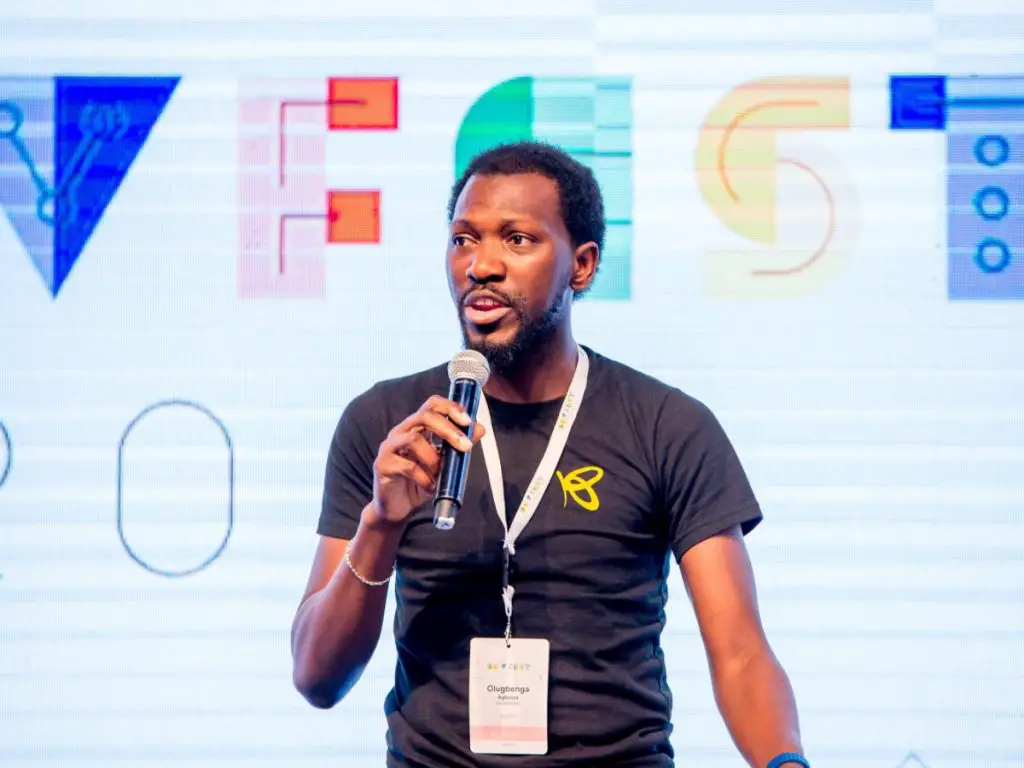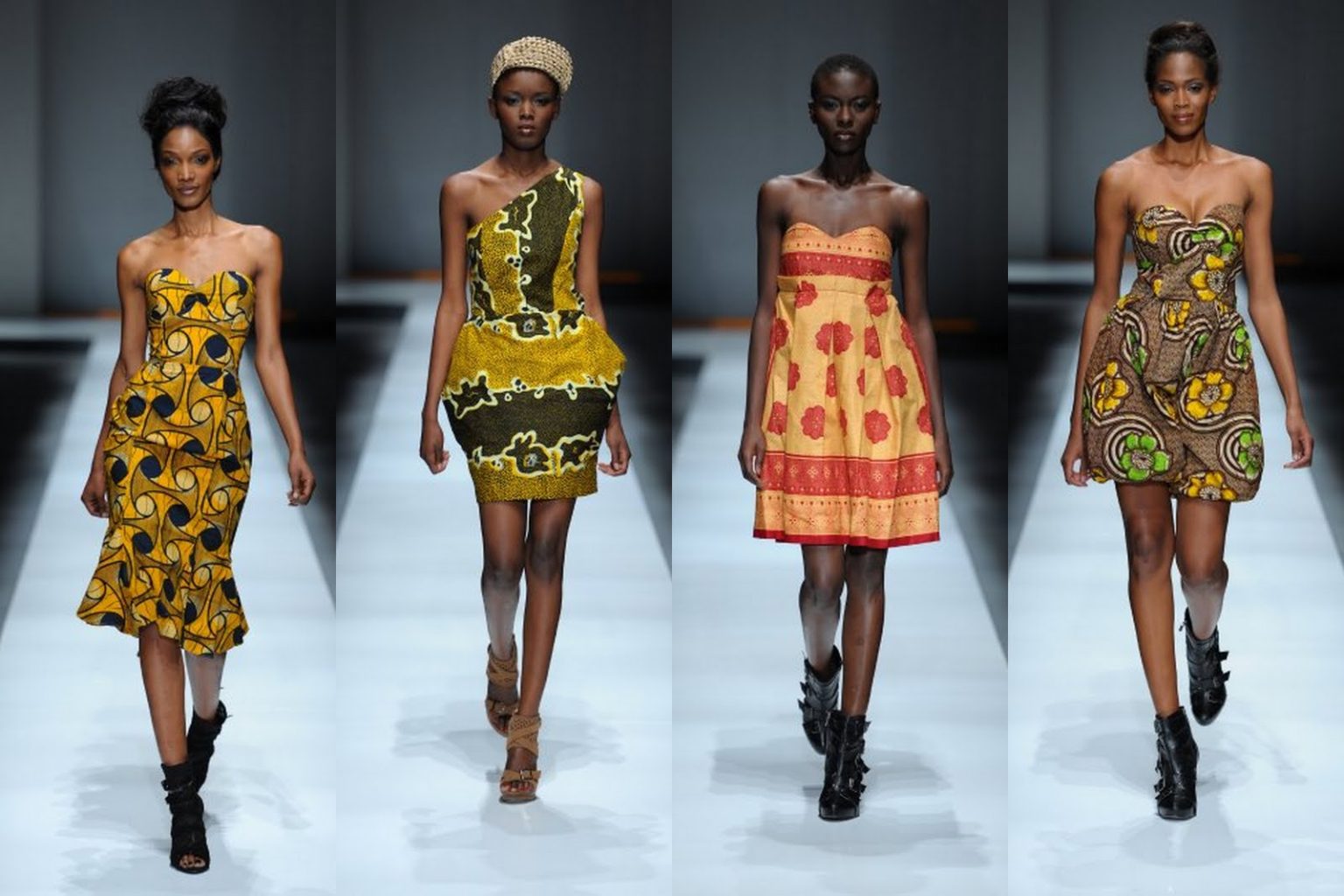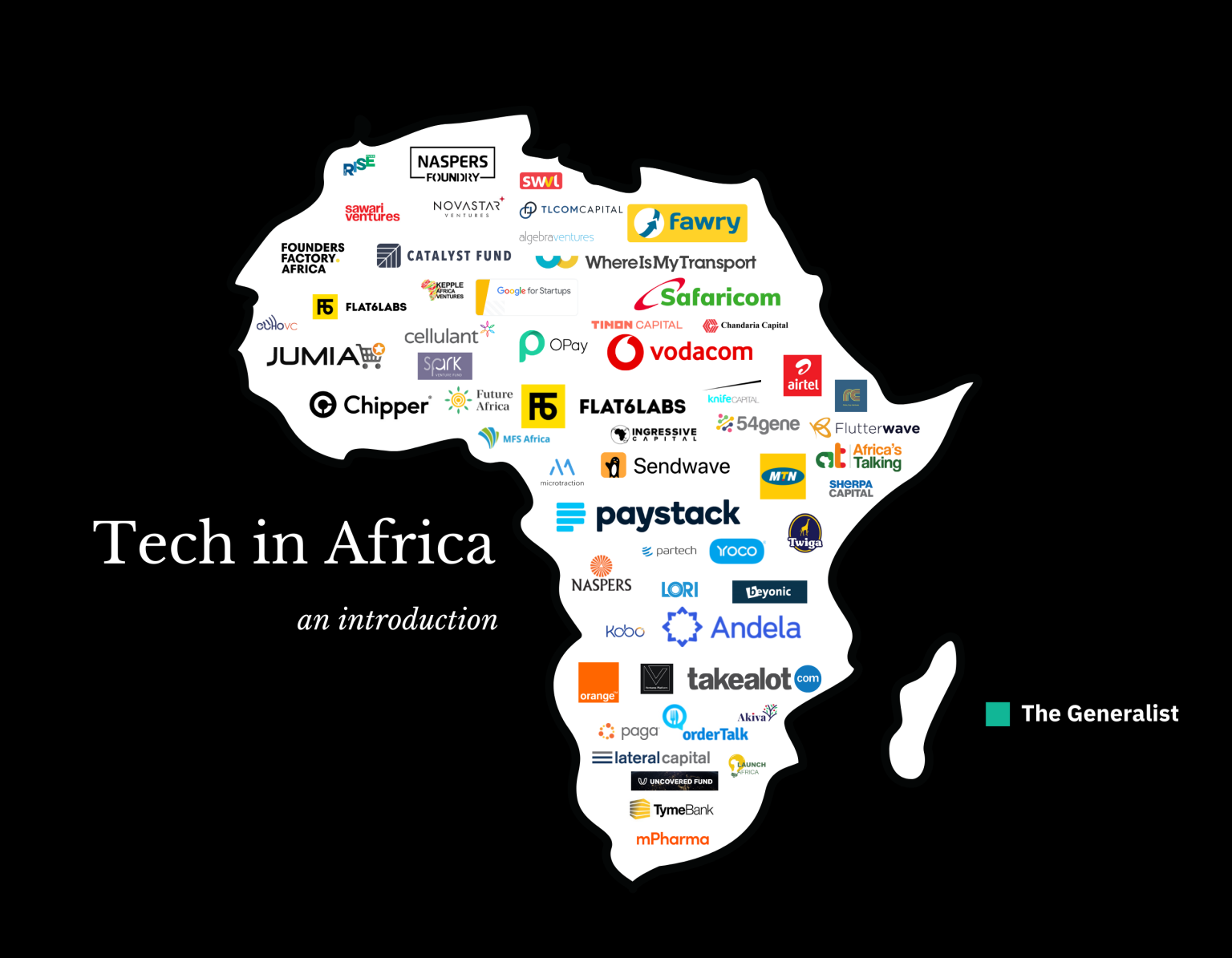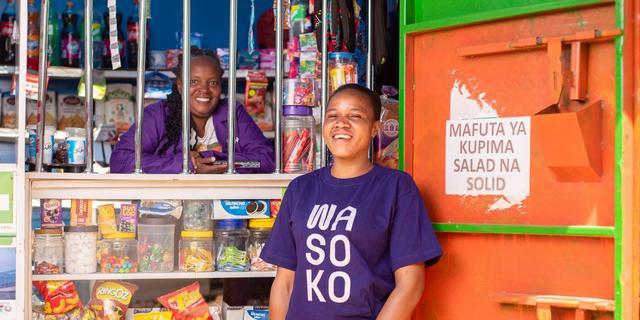- Agribusiness could drive Africa’s economic prosperity
- Dawood Al Shezawi: Why AIM Congress 2024 is the epicenter of global economic and cultural dialogues
- d.light’s 600,000 cookstoves project verified as top source of quality carbon credits
- Artificial intelligence (AI) could create a turning point for financial inclusion in Africa
- AIM Congress 2024: Catalysing global investments with awards
- Kenya’s economic resurgence in 2024
- The most stressful cities to live in 2024 exposed
- Tech ventures can now apply for the Africa Tech Summit London Investment Showcase
Author: Kanyali Muthui
Kanyali Cynthia is a Kenyan-based financial journalist with key specialisation in data and tech reporting and over eight years of experience.
- The firm’s CEO Olugbenga Agboola has now come forward to address claims levelled against him in an email to employees
- This is the first time the CEO has spoken in regards to the claims reported by West Africa Weekly, a Substack newsletter written by journalist David Hundeyin
- The report highlighted several allegations against the startup and Agboola including fraud and perjury to insider trading as well as sexual harassment
Over the past two weeks, Nigerian fintech startup Flutterwave has been under fire after the firm’s Chief Executive Officer was accused of allegedly committing fraud, perjury to insider trading and sexual harassment.
The firm’s CEO Olugbenga Agboola has now come forward to address these claims levelled against him.
In an email to employees, Agboola termed the allegations as false, condemning the impact these claims had had on the firm.
“I’m writing today because I want you to know how concerned I …
- Africa’s fashion and textile industry is the second-largest sector after agriculture with an estimated market value of US$31 billion
- The use of tech in fashion has been brought to a much broader scale including the use of apps and the creation of smart textiles
- As the majority of Africans were forced to stay home, there emerged countless online clothing stores, most of which were using social media (Facebook, Instagram and Twitter) as marketing tools
Like many other sectors across the continent, the fashion industry is also taking to embracing technology to improve operations.
Africa’s fashion and textile industry is the second-largest sector after agriculture with an estimated market value of US$31 billion in 2020 and growing annually.
While combining tech with fashion may seem farfetched, technology has always been an essential factor in the production of clothes and the different styles in fashion since the beginning of time.
It is …
- Social commerce may seem like a more foreign concept but it is widely used across Africa
- Online shopping has gained more popularity during the Covid-19 crisis, turning social networking platforms like Facebook and Instagram into business tools
- Social commerce- which is abbreviated as s-commerce- represents the integration of shopping and social media
When the Covid-19 pandemic hit back in 2019, a majority of individuals were forced to turn to social media platforms in search of goods and services.
While most people view this as the growth of e-commerce across the globe, it also gave rise to the growth of social commerce.
Social commerce may seem like a more foreign concept but it is widely used across Africa.
Online shopping has gained more popularity during the Covid-19 crisis, turning social networking platforms like Facebook and Instagram into business tools.
Social commerce- which is abbreviated as s-commerce- represents the integration of …
- A report by the African Development Bank notes that today, at least a quarter of the continent’s population has internet access, a nearly fifty-fold increase in internet usage since the turn of the millennium.
- Mobile technologies alone have already generated 1.7 million jobs and contributed US$144 billion to the continent’s economy, or roughly 8.5 percent of GDP
- Accelerating digitalization, artificial intelligence (AI), cloud computing, robotics, and 3D printing – have obvious and important implications for education, employment, and the future of work
Leaders on the African continent must work harder to harness emerging technology to boost government performance, transparency, and inclusivity as the continent recovers from the Covid-19 pandemic.
They also need to ensure that the growing technological advancements across the continent are not used as a tool of repression, division, and conflict.
According to a study by the World Health Organization, 13 percent of all new or modified …
Digital disinformation is becoming an increasingly common feature of Africa’s political landscape.
Africa’s technological space has grown exponentially over the past decade, largely driven by the increased access to mobile devices and internet.
The number of mobile phone users in Africa, 650 million, outnumbers the population of the United States or Europe.
How Africans are using mobile phones
Mobile phone use has increased exponentially as more people in African countries own a cell phone than clean water, a bank account or power.
Communication, radio listening, money transfers, online purchasing, and social media networking are all done via mobile phones in Africa. Many of the disparities between urban and rural areas, as well as the wealthiest and poorest, have been reduced or eliminated.
Similarly, internet prices are coming down while speeds are going up.
With high internet speeds, it is easy for anyone looking, or even sometimes not looking to stumble …
- A sense of well-being encompasses a wide range of factors, including access to education and employment, as well as the lack of armed combat or threats
- Digitization has provided a cheap, secure source of finance to populations in need and improved government transparency in countries where graft and corruption are a huge concern.
- Technological change has also resulted in increased productivity which has in turn improved African’s standards of living
When we think about the quality of life, the first thing that comes to mind is the degree to which an individual is healthy, comfortable, and able to participate in or enjoy life events.
A sense of well-being encompasses a wide range of factors, including access to education and employment, as well as the lack of armed combat or threats.
It is also relative, subjective and has intangible components, such as spiritual beliefs and a sense of belonging.
Rapid
“Sokowatch started as this kind of backend brand. We wanted a brand that could be more front and centre for the African retailer and easily pronounced across all markets while reflecting our East African roots. So that’s why we’ve rebranded now to Wasoko, meaning ‘people of the market,” Yu said.
The seven-year-old company said this round of funding will go towards exploring expansion into Nigeria as well as Southern Africa while consolidating its position across its six current markets.
It will also make hires and expand its product offerings to point-of-sale merchant systems, bill payments and social commerce, verticals it might build in-house or back and acquire companies that provide such services.
The company also offers a buy now, pay later option for retailers who need working capital to order more goods. Buy now, pay later offerings are the latest trend for B2B retail and e-commerce companies. They see it …
World Bank further notes that the unified digitisation of the East African economy is estimated to generate up to a US$2.6 billion boost in GDP and 4.5 million new jobs that will largely benefit those at the bottom of the pyramid.
Data by GSMA reveals that by the end of 2020, 495 million people subscribed to mobile services in Sub-Saharan Africa, representing 46 percent of the region’s population, an increase of almost 20 million on 2019.
GSMA revealed that smartphone connections will more than double by 2025 in Sub-Saharan Africa with the East African Community registering the largest incremental growth, led by Rwanda and Tanzania. …
A report by The Women in Tech Africa Summit 2019 showed that despite receiving 50 per cent less venture capital funding, global technology firms led by female entrepreneurs typically achieve a 35 per cent higher return on investment than those managed by men.
In the first half of 2021, African startups raised US$1.19 billion. However, female CEOs raised just 14 per cent of the financing, up from 2 per cent for the same period in 2020.
The African Development Bank puts the funding gap for women entrepreneurs in Africa at US$42 billion.
This should encourage more investors to take a gamble on women-led businesses in Africa’s tech space as they offer promising returns.
Women in tech on the continent not only drive significant development in the African tech space, but they also simultaneously inspire young girls venturing into tech across the continent to do the same. …
- Majority of private equity investment in Sub-Saharan Africa is from outside the continent and represents only a fraction of the capital required
- African startups surpassed the US$ 1 billion mark in capital raised over the first seven weeks of 2022
- The bulk of the funding (76%) and of the deals (78%) have been claimed by startups headquartered in one of the ‘Big Four’ (Nigeria, South Africa, Kenya, and Egypt)
Africa continues to show strong growth prospects, with an expectation of a significant rebound from the Covid-19 pandemic that has spanned over two years, which has also affected African growth less than in developed markets.
International investment plans and programmes to promote investment in Africa support growth potential given the correlation between Foreign Direct Investment (FDI) and Gross Domestic Product (GDP).
Currently, the majority of private equity investment in Sub-Saharan Africa is from outside the continent and represents only a fraction …














